Most people have heard the term “sober living house” or perhaps synonymous terms such as “halfway house” or “recovery residence.” However, not everyone understands what a sober living house is or how it works. This blog will explain how a sober living house works, including some common rules, responsibilities, and benefits.
What is a Sober Living House?
Sober living houses are substance-free, supportive residences for individuals who have completed formal addiction treatment. Their purpose is to bridge the gap between drug or alcohol rehab and daily life. Sober living homes typically follow SAMHSA’s four dimensions of Health, Home, Purpose, and Community and are safe spaces that allow individuals to focus on their recovery journey with fewer distractions.
At a glance here are some characteristics of sober living houses:
- Who’s in charge: Usually governed by residents but will often have a house manager who lives onsite for free or at a reduced rate.
- Length of stay: Everyone’s recovery journey is unique, so this will vary; the majority of people stay between 3 and 12 months.
- Building structure: These are most commonly single-family homes or apartments in residential neighborhoods, though sometimes they can be part of an entire residential complex.
- Funding: Residents pay for costs; state or local governments do not fund sober living houses.
- Community and peers: Gender-specific and co-ed sober living houses exist. Some homes have senior residents who can provide guidance and mentorship.
What is the Daily Structure of a Sober Living House?
Residents can expect a consistent morning routine with set wake-up times. Routines will vary based on preference from person to person, but common activities include light exercise or mindfulness activities.
Household chores, which include cleaning, laundry, meal preparation, and more, are a part of daily life for all residents. These activities encourage accountability and help maintain a clean and comfortable living environment. Meals are often prepared and shared, which is one reason the sense of community can be so strong in a sober living environment.
During the day, residents are encouraged to work, attend school, or volunteer. Productive activities like these help bridge the gap when an individual moves into their own living space. Individual and group therapy or recovery meetings are strongly encouraged and may even be required by the sober living house. Despite the encouragement of activities, leisure time is also an important part of recovery, and there is ample time for residents to pursue their interests and hobbies, exercise, read, or engage in other activities of interest.
Evenings in a sober living house may include house meetings to discuss rules or address concerns. Evening recovery meetings are also common. Many sober living houses have a curfew and enforce it, as well as random drug and alcohol screenings. These promote accountability and support recovery.
What Are Some of the Benefits of Sober Living Houses?
Safety, support, structure, and accountability are the key elements that make a sober living house work. Sober living houses help residents maintain sobriety and significantly reduce the risk of relapse by as much as 68% in one study. Support from peers and a community that has faced similar challenges promotes emotional well-being and healing, reduces isolation, and helps to foster a sense of belonging. All of these benefits help to clear a path for a smoother transition to daily life and the confidence to live a life of sobriety and independence.
Sober Living Houses and Southern Sky Recovery
Finding the right sober living house is a critical decision in one’s recovery. If you or a loved one want to learn more about sober living and what resources are available, we are here to help. Our experienced, empathetic treatment providers use proven, evidence-based therapies, and they know that everyone’s journey is unique. Contact us today to learn more and get started on your path to recovery.



